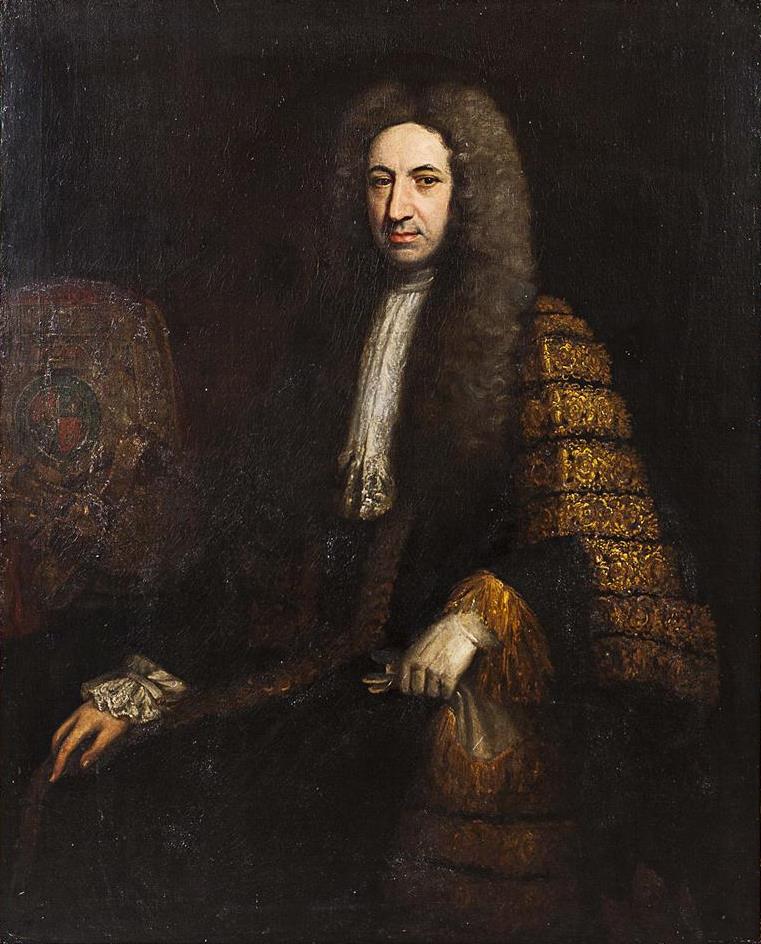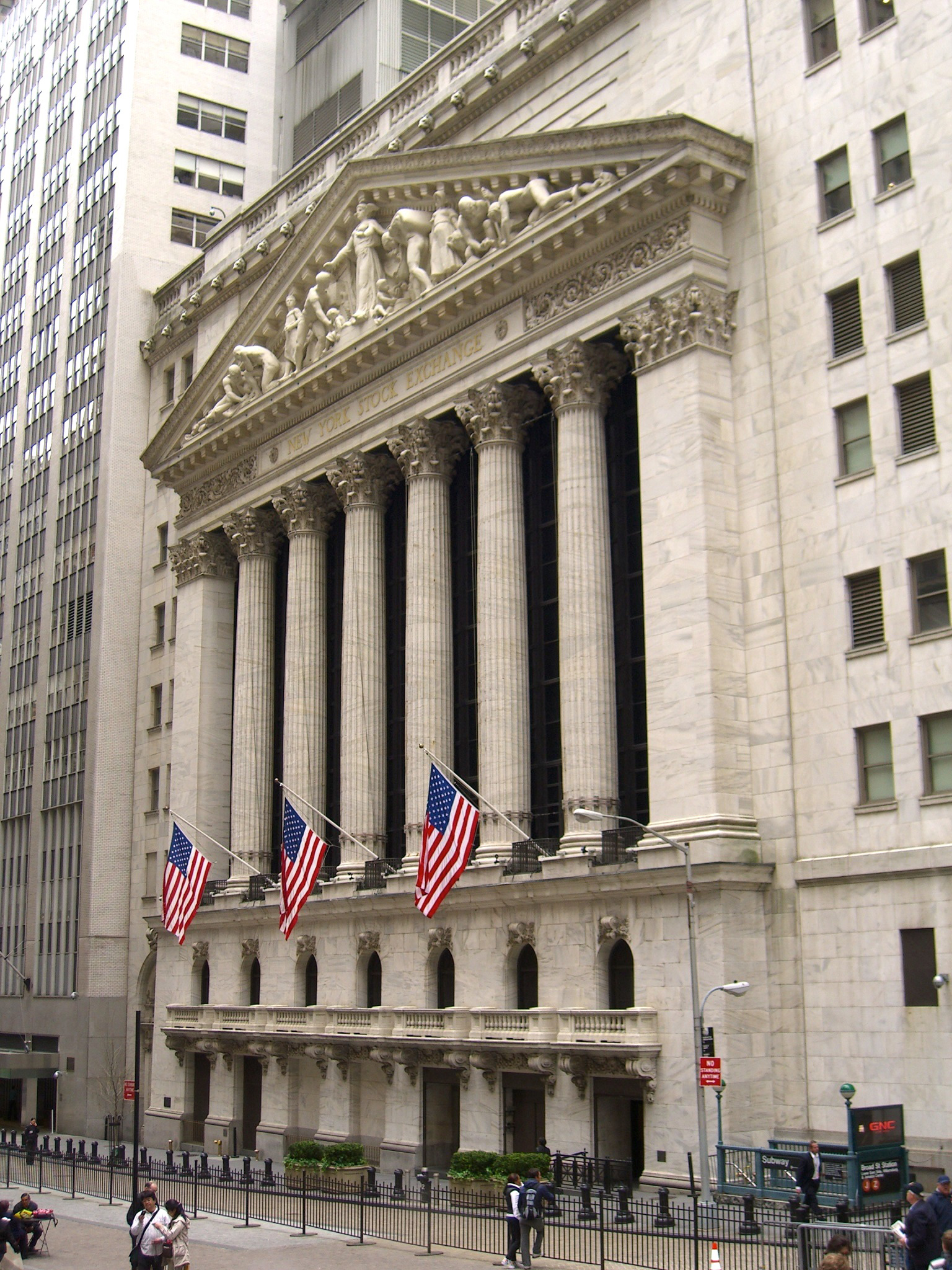|
Keech V Sandford
is a foundational case, deriving from English trusts law, on the fiduciary duty of loyalty. It concerns the law of trusts and has affected much of the thinking on directors' duties in company law. It holds that a trustee owes a strict duty of loyalty so that there can never be a possibility of ''any'' conflict of interest. The case's importance derives partly from its historical context, with the South Sea Bubble. Lord King LC, who decided the case, replaced the former Lord Chancellor, Thomas Parker, 1st Earl of Macclesfield who was tried and found guilty in 1725 for accepting bribes and speculating with and losing client money in the South Sea crash. Lord Macclesfield had, probably not coincidentally previously held that a fiduciary was entitled to take money from a trust, invest it on their own behalf, and keep the profit, if they restored money to the trust. ''Keech'' reversed this, and the law in England and the UK has maintained a strict opposition to any possibility of ... [...More Info...] [...Related Items...] OR: [Wikipedia] [Google] [Baidu] |
Lord King LC
Peter King, 1st Baron King, (c. 1669 – 22 July 1734), commonly referred to as Lord King, was an English lawyer and politician, who became Lord High Chancellor of Great Britain. Life King was born in Exeter in 1669, and educated at Exeter Grammar School. In his youth he was interested in early church history, and published anonymously in 1691 ''An Enquiry into the Constitution, Discipline, Unity and Worship of the Primitive Church that flourished within the first Three Hundred Years after Christ''. This treatise engaged the interest of his cousin, John Locke, the philosopher, by whose advice his father sent him to the Leiden University, where he stayed for nearly three years. He entered the Middle Temple in 1694 and was called to the bar in 1698. In 1700 he was returned to Parliament of England as the member for Bere Alston in Devon, holding the seat until 1715. He was appointed recorder of Glastonbury in 1705 and recorder of London in 1708. Made a Serjeant-at-Law, he wa ... [...More Info...] [...Related Items...] OR: [Wikipedia] [Google] [Baidu] |
Bray V Ford
''Bray v Ford'' 896AC 44 is an English defamation law case, which also concerns some principles of conflict of interest relevant for trusts and company law. Facts Mr Bray was a governor of Yorkshire College. Mr Ford was the vice-chairman of the governors and had also been working as a solicitor for the college. Bray sent him a letter, and circulated it to others, saying, “Sir, during last summer, as you are aware, it came to my knowledge that whilst holding the fiduciary position of vice-chairman of the Yorkshire College you were illegally and improperly, as you know, making profit as its paid solicitor.” This was held to be libellous by the jury at trial. But Cave J had directed the jury that the College’s articles did in fact allow for pay of services as a solicitor. The jury awarded £600 damages, and the question was whether the award could stand in the face of the misdirection. The Court of Appeal ( Lord Esher MR, Lopes LJ and Rigby LJ) held this was a misdirectio ... [...More Info...] [...Related Items...] OR: [Wikipedia] [Google] [Baidu] |
Re Whiteley
is an English trusts law case, concerning the duty of care owed by a trustee when exercising the power of investment. Facts Elizabeth Whiteley and her children sued the executors of Benjamin Whiteley's will (of 19 March 1874). The will contained a power to invest the fund on certain investments, including “real securities in England or Wales.” £5000 of the trust money had been lost. £3000 was invested in a mortgage at 5% return in the freehold of a ten-acre brick field near Pontefract, “with the engine-house, sheds, brick and pipe kilns, and buildings thereon, and all fixtures and fittings thereon.” £2000 was invested on mortgages at 5% in four small freehold houses, including a shop, in Salford, Lancashire. The brickfield owners went bankrupt in October 1884 and the owner of the four houses filed for petition for liquidation. There was insufficient money to pay the trust fund. Judgments Chancery Court Bacon VC held in the Chancery Court that the brickfield investme ... [...More Info...] [...Related Items...] OR: [Wikipedia] [Google] [Baidu] |
Parker V McKenna
''Parker v McKenna'' (1874–75) LR 10 Ch App 96 is a UK company law case, concerning the rule against having any conflict of interest. Facts Mr McKenna was one of four directors of the National Bank of Ireland, a joint stock bank. In 1864 resolutions were passed to increase the capital by issuing 20,000 £50 shares. They were to be offered to old shareholders first according to how many they already held, for a £25 premium and £5 as a first call. Any not bought would be sold by directors at a £30 premium. The directors allotted 9778 shares to a Mr Stock, who paid only £5 a share. It was arranged that the certificates would be withheld, the bank had a lien on the shares for the premiums and no transfer could be made till £30 was paid up. He then said he could not take so many and asked the directors to relieve him. They took many at £30 a share, and then sold them on at a profit. The £30 per share was always paid to the bank. Judgment Lord Cairns LC, Sir WM James LJ and Si ... [...More Info...] [...Related Items...] OR: [Wikipedia] [Google] [Baidu] |
Whelpdale V Cookson
''Whelpdale v Cookson'' (1747) 27 ER 856 is an English trusts law case, also relevant for UK company law, on the duty of loyalty owed by a trustee to beneficiaries of the trust. Facts A trustee purchased land that was owned by the trust. Judgment Lord Hardwicke gave the judgment of the court. The text in the English Report reads as follows.(1747) 27 ER 856, ie Vol. 27, p.856 See also *''Keech v Sandford is a foundational case, deriving from English trusts law, on the fiduciary duty of loyalty. It concerns the law of trusts and has affected much of the thinking on directors' duties in company law. It holds that a trustee owes a strict duty of ...'' Notes {{reflist, 2 English trusts case law United Kingdom company case law 1747 in British law Court of Chancery cases ... [...More Info...] [...Related Items...] OR: [Wikipedia] [Google] [Baidu] |
Business Judgment Rule
The business judgment rule is a case law-derived doctrine in corporations law that courts defer to the business judgment of corporate executives. It is rooted in the principle that the "directors of a corporation... are clothed with hepresumption, which the law accords to them, of being otivatedin their conduct by a bona fide regard for the interests of the corporation whose affairs the stockholders have committed to their charge".''Gimbel v. Signal Cos.'', 316 A.2d 599, 608 (Del. Ch. 1974) The rule exists in some form in most common law countries, including the United States, Canada, England and Wales, and Australia. To challenge the actions of a corporation's board of directors, a plaintiff assumes "the burden of providing evidence that directors, in reaching their challenged decision, breached any one of the triads of their fiduciary duty — good faith, loyalty, or due care". Failing to do so, a plaintiff "is not entitled to any remedy unless the transaction constitutes ... [...More Info...] [...Related Items...] OR: [Wikipedia] [Google] [Baidu] |
United States Corporate Law
United States corporate law regulates the governance, finance and power of corporations in US law. Every state and territory has its own basic corporate code, while federal law creates minimum standards for trade in company shares and governance rights, found mostly in the Securities Act of 1933 and the Securities and Exchange Act of 1934, as amended by laws like the Sarbanes–Oxley Act of 2002 and the Dodd–Frank Wall Street Reform and Consumer Protection Act. The US Constitution was interpreted by the US Supreme Court to allow corporations to incorporate in the state of their choice, regardless of where their headquarters are. Over the 20th century, most major corporations incorporated under the Delaware General Corporation Law, which offered lower corporate taxes, fewer shareholder rights against directors, and developed a specialized court and legal profession. Nevada has done the same. Twenty-four states follow the Model Business Corporation Act, while New York and ... [...More Info...] [...Related Items...] OR: [Wikipedia] [Google] [Baidu] |
UK Company Law
The United Kingdom company law regulates corporations formed under the Companies Act 2006. Also governed by the Insolvency Act 1986, the UK Corporate Governance Code, European Union Directives and court cases, the company is the primary legal vehicle to organise and run business. Tracing their modern history to the late Industrial Revolution, public companies now employ more people and generate more of wealth in the United Kingdom economy than any other form of organisation. The United Kingdom was the first country to draft modern corporation statutes, where through a simple registration procedure any investors could incorporate, limit liability to their commercial creditors in the event of business insolvency, and where management was delegated to a centralised board of directors. An influential model within Europe, the Commonwealth and as an international standard setter, UK law has always given people broad freedom to design the internal company rules, so long as the manda ... [...More Info...] [...Related Items...] OR: [Wikipedia] [Google] [Baidu] |
Walley V Walley
Walley is a surname and given name. It may refer to: Surname * Augustus Walley (1856–1938), a Buffalo Soldier in the United States Army and recipient of the Medal of Honor * Byron Walley, a pen name of writer Orson Scott Card (born 1951) * Chris Walley (born 1954), Welsh geologist * Chris Walley (actor) (born 1995), Irish actor * Deborah Walley (1943–2001), American actress * Denny Walley (born 1943), American guitarist * Ernie Walley (born 1933), Welsh football player, manager and coach * Hugh Walley (), footballer * Joan Walley, (born 1949), British politician * John Walley (died 1615), English Member of Parliament * Keith Walley (born 1954), English footballer * Nigel Walley (born 1941), English rock bass guitarist with The Quarrymen * Richard Walley (born 1953), Australian Aborigine performer, musician, writer and activist * Richard Whalley (died 1583) (1498/99–1583), English Member of Parliament * Richard Whalley (died c. 1632) (c. 1558–c. 1632), English Member of P ... [...More Info...] [...Related Items...] OR: [Wikipedia] [Google] [Baidu] |


